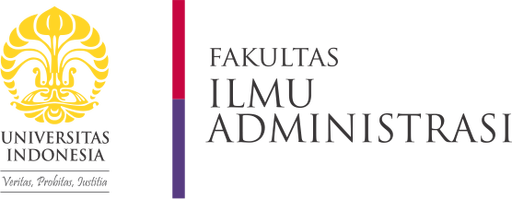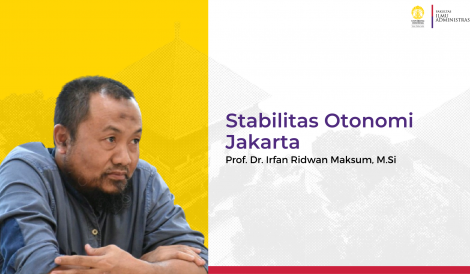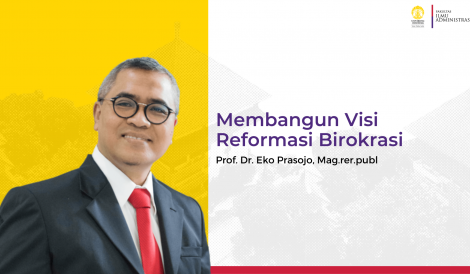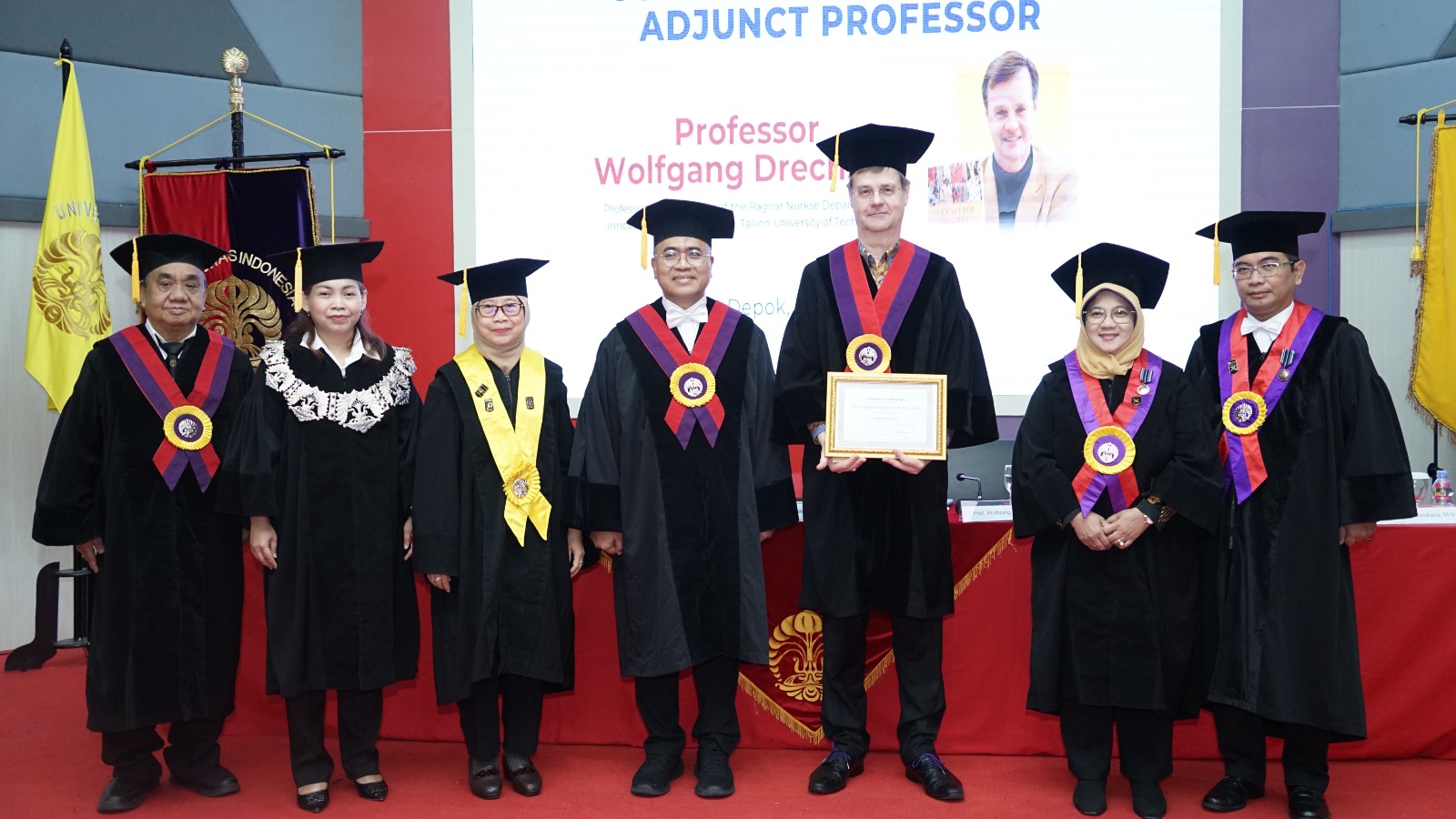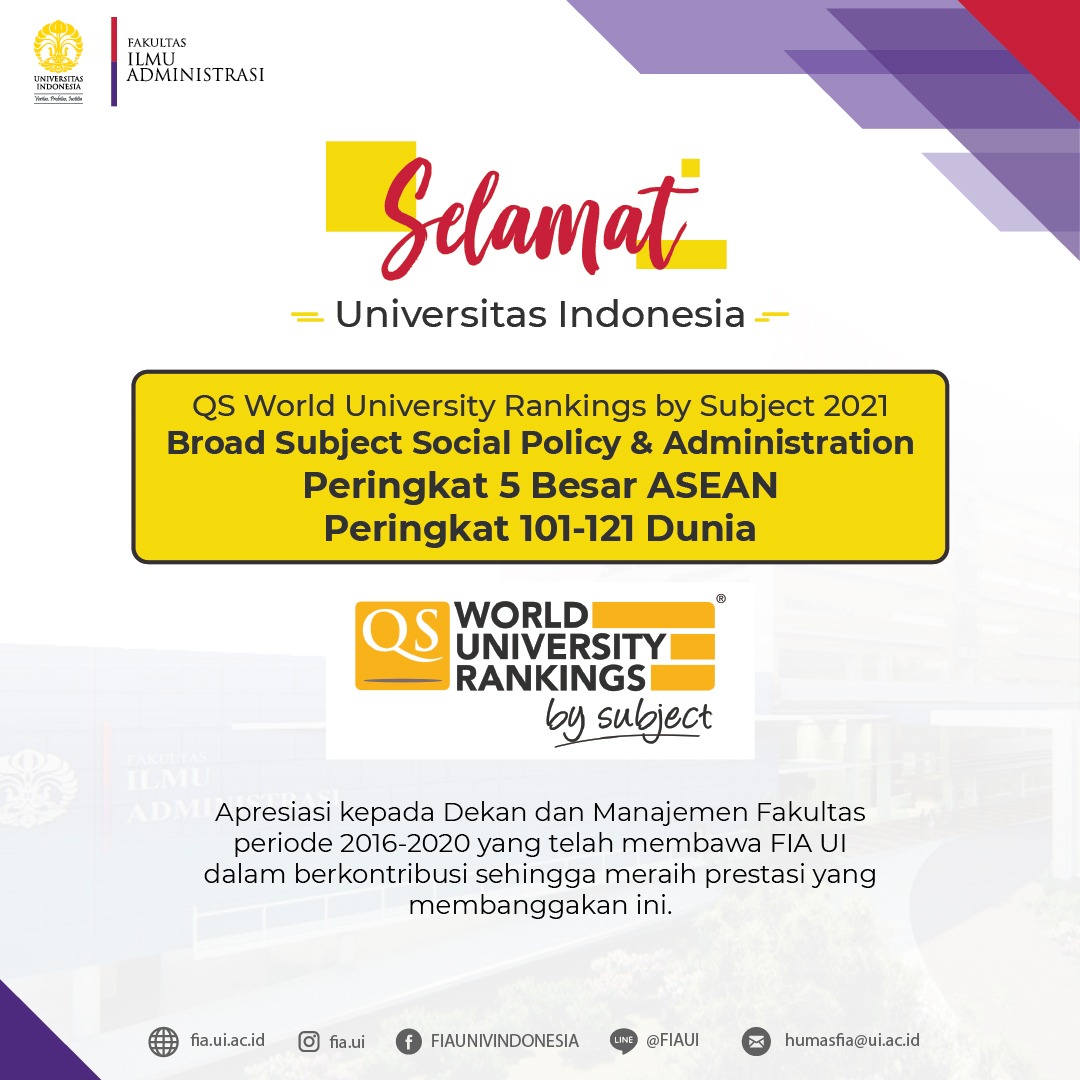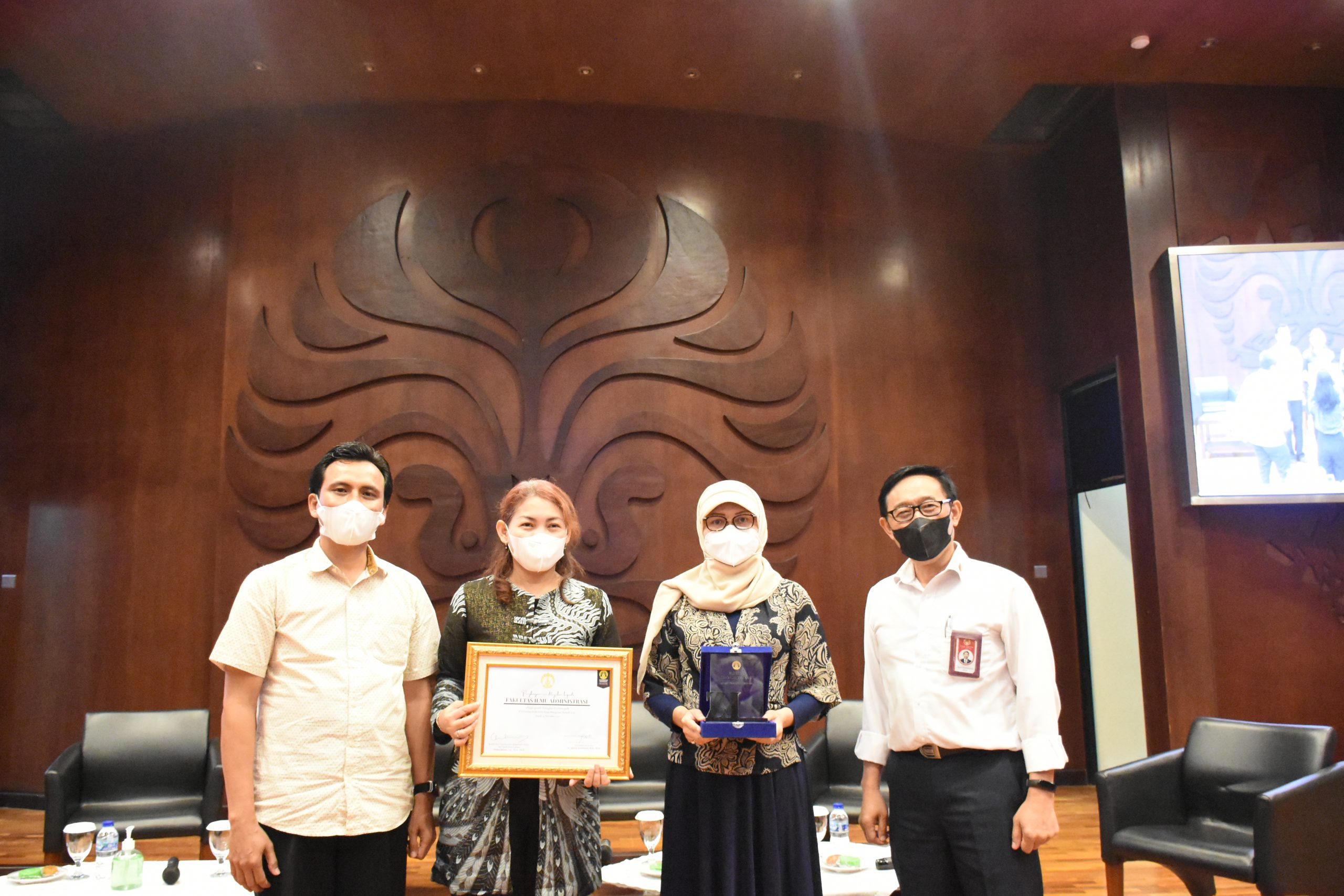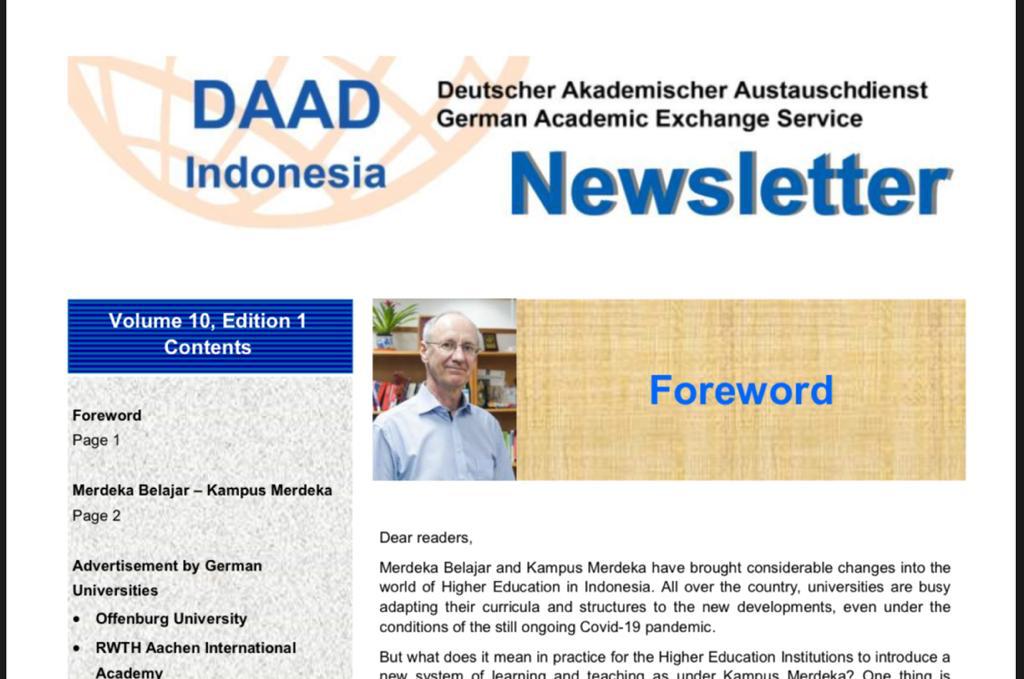Progressive Tax Formula as an Effort to Reduce Social Inequality over Land Ownership
[fusion_builder_container hundred_percent=”yes” overflow=”visible”][fusion_builder_row][fusion_builder_column type=”1_1″ background_position=”left top” background_color=”” border_size=”” border_color=”” border_style=”solid” spacing=”yes” background_image=”” background_repeat=”no-repeat” padding=”” margin_top=”0px” margin_bottom=”0px” class=”” id=”” animation_type=”” animation_speed=”0.3″ animation_direction=”left” hide_on_mobile=”no” center_content=”no” min_height=”none”]Friday (29/9), Political Taxation, Welfare and National Resilience Research Cluster (POLTAX) collaborated with the Faculty of Administrative Science Universitas Indonesia in the 4th floor auditorium of the M building in the Faculty of Administrative Science Universitas Indonesia to hold a National Seminar titled “Tax Policy on Idle Land: Opportunities and Challenges”.
This National Seminar reviews opportunities and challenges related to tax policies on idle land, which is a hot topic in the field of taxation nowadays, by inviting interviewees, which are the Teaching Staff from the Faculty of Administrative Universitas Indonesia :
1. Dr. Inayati, M.Si
2. Vishnu Juwono, S.E, M.I.A, Phd
3. Indriani, S.E, M.A
4. Murwendah, S.I.A, M.A.
The background of the organizers of this national seminar is to depart from the problem of limited land availability that is not directly proportional to the increase in the population which results in social inequality in property ownership. The high increase in land and building prices per year is not proportional to the increase in the average salary of office employees. Land speculation as an investment is also distorting the access of land ownership with an unequal distribution. To handle these things, right now, the government is planning to implement a Fair Economic Policy Package, one of which is land-based policy. The hope is that this policy could strive for justice and social equity in terms of property ownership with tax policy instruments. Tax as a political instrument that has a socio-economic dimension is expected to be a disincentive against uneven land investment.
The tax policy right now isn’t able to guarantee social equity in land ownership, such as collection of land and building tax in rural and urban areas (PBB P2), the Fees for Acquisition of Land Rights and Building (BPHTP) and Tax on income (PPh). By using the progressive tax instrument for capital gains, the government is trying to push the usage of unused land to be used and built on as soon as possible. The policy needs to be studied in depth in the formulation step so that the policy could fully provide a distorting effect for owners of unused land at the level of policy implementation. So that this National Seminar aims to review progressive tax formulas for capital gains as a tax disincentive instrument in an effort to reduce the social inequality for land ownership that is relevant and in accordance with the socio-economic contex of Indonesia.
[/fusion_builder_column][/fusion_builder_row][/fusion_builder_container]
